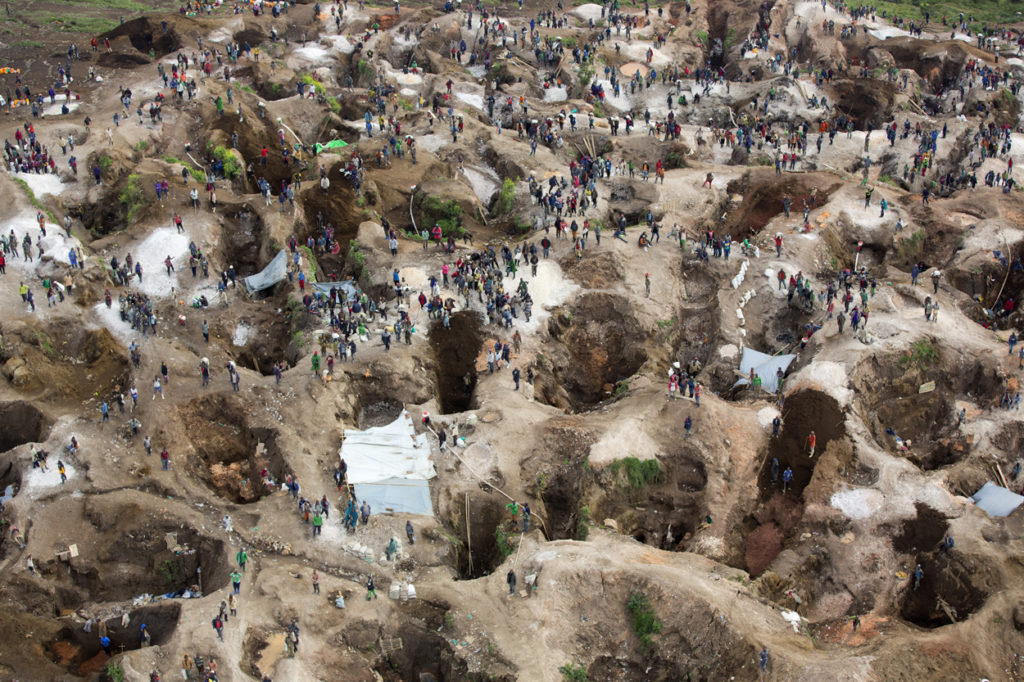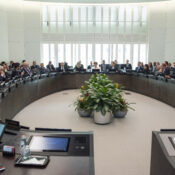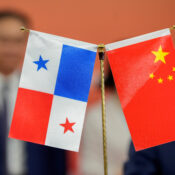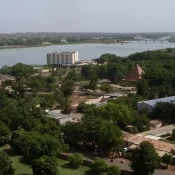
Congo rebels use illicit Rwandan exports to stymie the minerals market, according to a UN assessment
Last year, at least 150 metric tons of coltan were fraudulently shipped to Rwanda by rebels in the eastern Democratic Republic of the Congo, causing the worst pollution of the mineral supply chain in the Great Lakes Region on record, according to a report by U.N. specialists.
The flows began when the Rubaya region, which produces minerals used in computers and cellphones, was taken by the M23 movement, a Tutsi-led group allegedly supported by Rwanda, after fierce fighting in April.
According to the assessment released on Wednesday by the U.N. Security Council’s Group of Experts, M23’s dominance over the transportation routes from Rubaya to Rwanda caused Rubaya minerals to mingle with Rwandan output.
According to the research, “this constitutes the most important contamination of supply chains with ineligible… minerals recorded in the Great Lakes region over the last decade,” referring to a large region that encompasses Rwanda, the northeastern Congo, and other nations east of the Congo.
A request for response was not immediately answered by M23 or Rwanda.
For technology producers, who are scrutinized to make sure that the metals used in their products do not come from war areas like eastern Congo, the scenario makes procurement more difficult.
According to the article, the rebels created a “mining ministry” within the captured region and guaranteed a monopoly on the export of coltan from Rubaya, which possesses one of the biggest reserves of the crucial mineral in the world, to Rwanda.
According to the report, the militants were able to earn at least $800,000 every month in taxes on the production and sale of coltan in Rubaya.
On the ground, the rebels managed forced labor to improve roads to allow truck passage and quadrupled the salaries of diggers to persuade them to continue working in Rubaya. According to the report, they also monitored the town and its mining locations to ensure that only approved Congolese and Rwandan businessmen were selling minerals.
Congo accused Apple (AAPL.O) of utilizing conflict minerals in its supply chain and filed criminal accusations against the tech company in December. The Congo also established new tab businesses in France and Belgium. Apple refutes the claims and claims to have instructed its suppliers not to utilize the disputed minerals, which come from Rwanda or the Congo.
All Categories
Recent Posts
Tags
+13162306000
zoneyetu@yahoo.com



